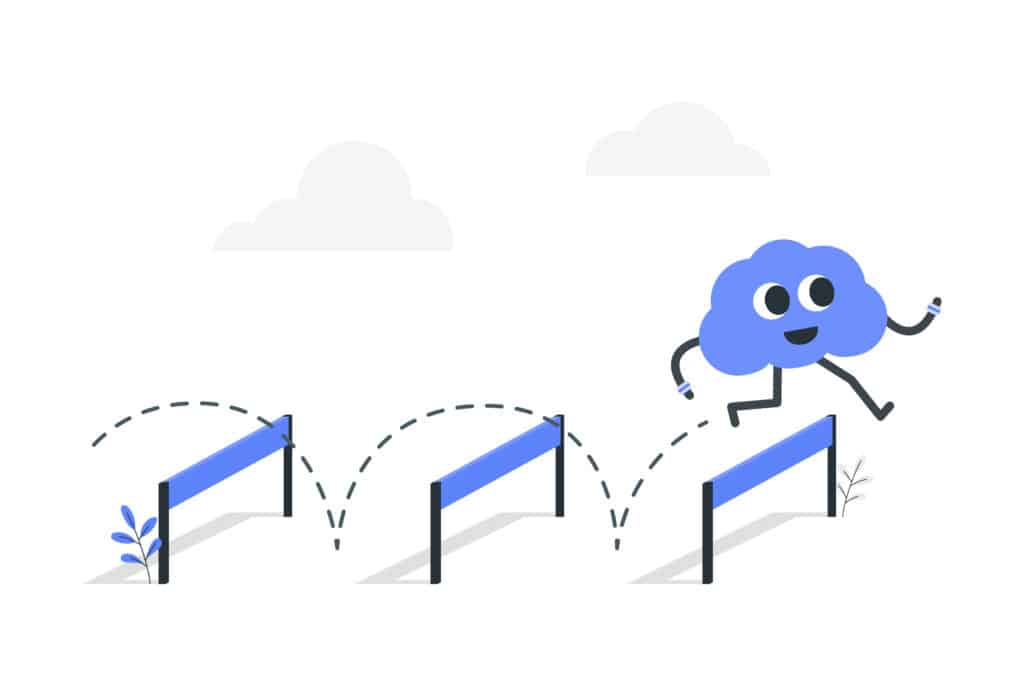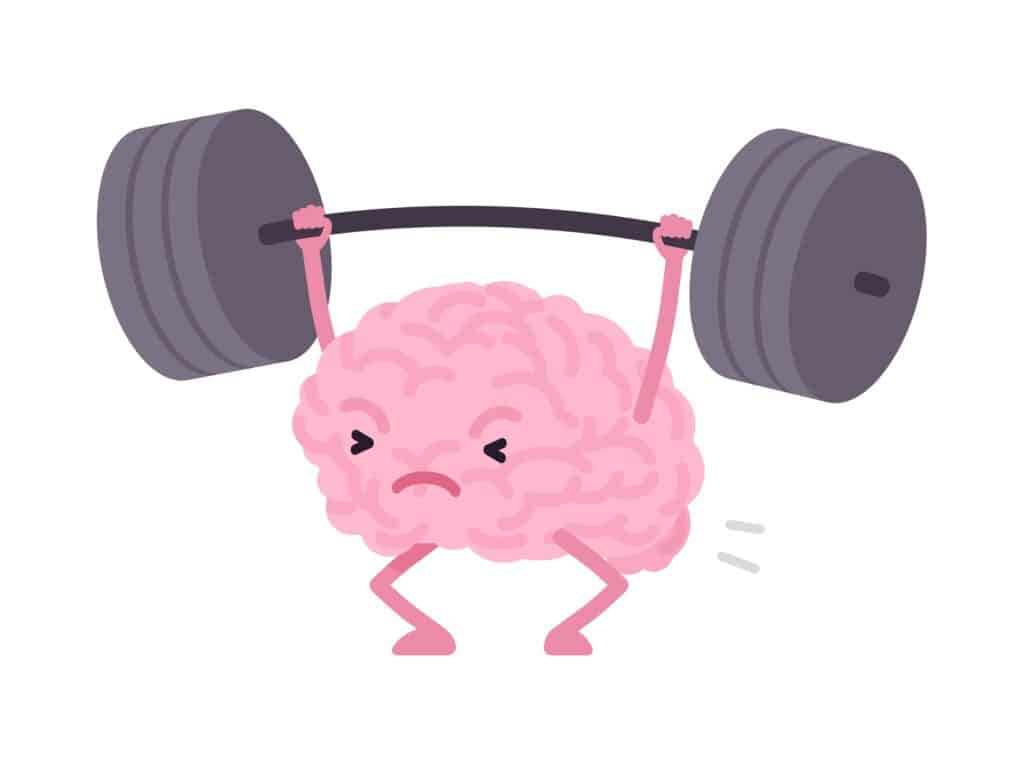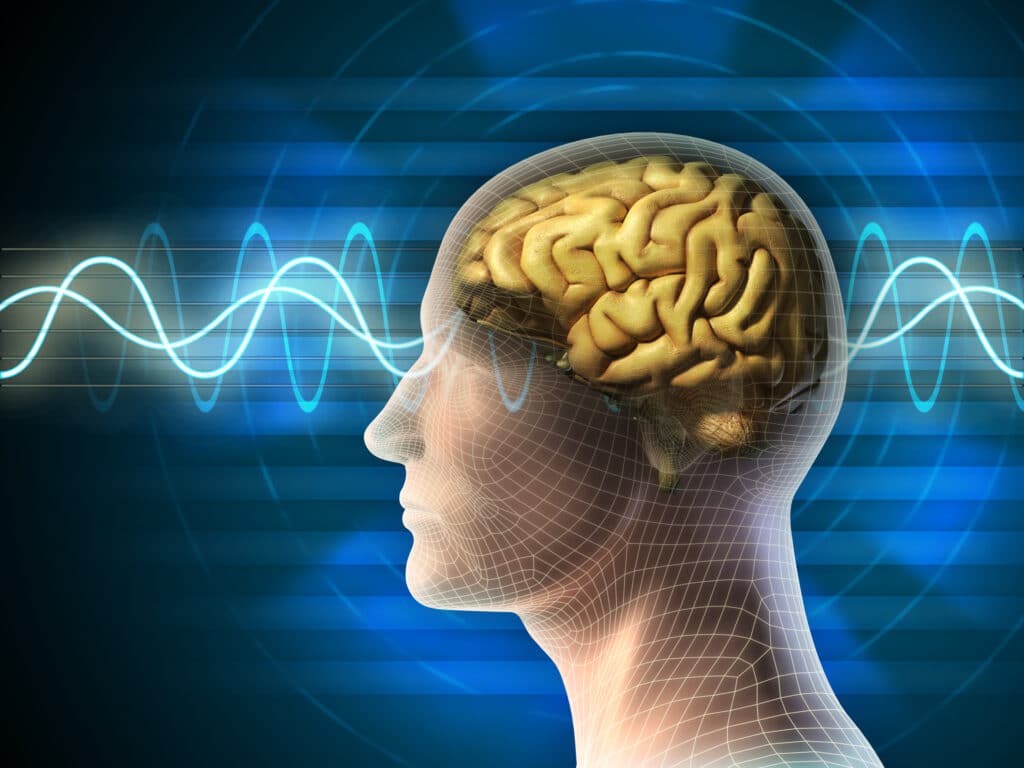
7 Shocking Facts About the Google Memory Game You Never Knew
We all have our favorite memory games, but did you know that Google has entered the ring with an impressive array of neurologic challenges for

Mental agility is the ability to quickly adjust in new circumstances, think critically and make decisions quickly. Mental exercises such as visualizing various scenarios, working on puzzles and mental exercises, playing games that require quick decision-making, and engaging in creative activities can all help improve memory. Other approaches include mindfulness meditation, yoga, and certain dietary changes. Regular mental exercise can improve mental agility by increasing focus, honing problem-solving skills and cultivating mental flexibility. Furthermore, getting enough sleep and avoiding stress are also beneficial in maintaining mental agility. Mentally agile people tend to be more successful in life, as they make decisions quickly and are better equipped to manage unexpected changes without becoming overwhelmed or anxious. Therefore, developing mental agility not only benefits one’s mental and emotional health but also their overall success in life; therefore, prioritizing mental agility should be prioritized in order to reach one’s full potential.
Mental agility can be enhanced through activities that stimulate the mind, such as reading books, playing chess or learning new languages. Physical exercise has also been known to improve mental performance. Connecting with others in meaningful conversations or debates also contributes to mental agility. Finally, taking time out for self-reflection and introspection help strengthen focus and clarity – key components of mental agility. With regular practice and dedication anyone can develop these essential mental agility skills and lead a fulfilling life.
Mental agility is an invaluable trait, as it enables individuals to think quickly on their feet, respond quickly to novel and unexpected challenges, and make better decisions under duress or stress. Mental agility also enables people to critically analyze situations, manage multiple tasks simultaneously, and maintain cognitive flexibility. Furthermore, rapid problem-solving capabilities are enhanced as a result; invaluable when trying to come up with creative solutions in short amounts of time.
Mental agility helps individuals stay focused on the task at hand and avoid being easily distracted by external forces or influences. With mental agility comes the capacity to anticipate potential issues or obstacles before they occur, as well as an aptitude for quickly recognizing patterns or trends which could indicate success or failure. This kind of advanced foresight is invaluable when managing difficult tasks or taking decisive action in uncertain conditions.
Mental agility can have a tremendously positive effect on productivity; being able to quickly filter out unnecessary data while remaining open-minded about new possibilities helps people make quicker decisions and work more efficiently in challenging circumstances. This combination can lead to greater successes both professionally and personally.

Mental agility also tends to make individuals more resilient in the face of adversity; their capacity for thinking ‘outside the box’ means they aren’t limited by preconceived notions but instead open-minded enough to search for alternative solutions if something doesn’t go as planned. This not only speeds up problem-solving time but also prevents them from getting stuck on what could have been done differently instead of focusing on what needs doing now.
Finally, mental agility allows people to comprehend complex problems more rapidly than those without this skill set and consequently advance their knowledge at a faster rate than those without. Not only does this enable those who possess mental agility to excel faster than their peers but it also implies that their thought processes will have higher semantic richness, enabling them to retain information for longer periods of time.
Due to its importance, there are several tests available that measure mental agility.
One of the most widely utilized tests is the Trail Making Test (TMT). This involves drawing lines between circles on a page while alternating colors and numbers. It measures speed and accuracy as well as cognitive flexibility when switching between tasks. Furthermore, TMT can also be used to assess neurological development such as memory impairment or dementia.
The Wisconsin Card Sorting Test (WCST) is a widely-used mental agility assessment tool which assesses executive functions of problem-solving strategies and conceptual thinking based on feedback provided by an examiner. This test involves sorting cards with shapes, colors, and numbers into various categories while receiving verbal feedback regarding their progress; this helps assess how quickly someone can switch strategies when presented with changing criteria without explicit instructions from their examiner.
The Stroop Effect Test is a cognitive agility assessment tool that requires participants to identify color names printed in ink that do not match what is displayed (e.g., “red” printed in blue ink). This measure assesses a person’s capacity for distinguishing conflicting information and their capacity for suppressing automatic responses in favor of more efficient solutions.
The Stroop Effect Test is a cognitive agility assessment tool that requires participants to identify color names printed in ink that don’t match what’s being displayed (e.g., “red” printed in blue ink). This assessment measures how quickly someone can recognize conflicting information as well as their capacity for suppressing automatic responses in favor of more efficient solutions.
Mental agility is especially key in jobs involving quick decisions, creative solutions, solving complex problems and adapting to an ever-changing environment. These positions include software engineering, financial management, marketing and other fields prone to rapid shifts. Workers in these professions must remain flexible in their thinking, have a thorough comprehension of the issue at hand and be able to quickly generate innovative ideas and solutions.
Software engineering is a demanding field due to the ever-evolving nature of technology. Software engineers must maintain mental agility in order to create efficient programs that benefit their stakeholders. This necessitates continuously evaluating new technologies and techniques while being creative enough to think outside the box; additionally, they need to be quick when something goes awry or needs improving.

Financial management is a profession that demands great mental agility. Financial managers must be able to anticipate market movements and fluctuations while keeping an eye on potential opportunities for their clients or organizations. Furthermore, they must remain flexible in their decision-making by being prepared for sudden changes or events which could impact portfolios or investments. Furthermore, these professionals need a firm grasp of economic theories and principles as well as expertise regarding tax law and regulations so that they can make strategic decisions based on this information.
Marketing is a job where mental agility is essential, as it involves coming up with creative ideas for campaigns that will capture target audiences’ attention and drive sales or engagement for products or services. Marketers need to comprehend both digital technology and traditional advertising methods in order to craft successful campaigns that resonate with their desired audience segmentations. Furthermore, marketers must possess excellent communication abilities so they can effectively convey their message across multiple channels while remaining agile enough to adjust quickly when things don’t go as planned.
Mental agility is not only necessary in certain jobs, but also many others such as data science, project management, IT security and customer service roles. No matter the profession you pursue though, having sharp problem-solving skills; being comfortable working under pressure; staying flexible yet adaptable; thinking outside the box; mastering communication techniques; understanding multiple theoretical concepts; staying abreast with technological advancements; monitoring market movements; knowing legal regulations–these all play an integral role for anyone looking for success in any field requiring mental agility.
Nootropic supplements like ISO Brain have been demonstrated to have a beneficial effect on mental agility. Mental agility is defined as being able to think quickly and accurately, with no difficulty switching between different tasks or ideas. Nootropic supplements such as ISO Brain can enhance this capacity by increasing focus, concentration, and motivation levels.
Nootropic supplements can enhance mental agility by improving focus and concentration. These compounds work together to allow individuals to concentrate better on one task without becoming distracted or overwhelmed by other thoughts in their mind. Furthermore, nootropic supplements help reduce mental fatigue so people can stay focused for longer periods of time.
Nootropics can improve mental agility through their effects on mood and motivation. Many ingredients used in nootropics have been known for their effects on boosting serotonin levels in the brain, which helps regulate moods and boost motivation levels. This reduces procrastination and indecisiveness, enabling individuals to make decisions more quickly and efficiently. Moreover, some nootropics may reduce stress levels which further helps enhance decision making skills.
Finally, some nootropic supplements (e.g. ISO Brain) also contain natural herbs like Bacopa Monnieri which have been scientifically proven to aid individuals in recalling information more quickly and accurately than before taking them. This herb’s antioxidants work in concert with vitamin B6 to enhance cognitive abilities by increasing alertness and shielding neurons from oxidative damage caused by stress or an age-related decline in cognitive performance. Studies have demonstrated that using herbal compounds regularly can significantly enhance an individual’s capacity for recalling information quickly, leading to faster decision making processes when faced with problem solving tasks or new situations that necessitate quick thinking or reactions.
Overall, nootropic supplements can enhance an individual’s mental agility in many ways: increased focus and concentration, improved mood/motivation, as well as memory recall speed for activities requiring quick thinking or reactions. With regular use of nootropics people have reported significant improvements in these areas leading them to become more agile thinkers who are better prepared for whatever life throws at them!

We all have our favorite memory games, but did you know that Google has entered the ring with an impressive array of neurologic challenges for

Einstein’s Universal Appeal: Exploring the Global Impact of an Iconic Genius in 2023 Why Does the World Remember Einstein as a World Citizen? What is

I genuinely dislike computer science, but that won’t stop me from earning my degree by 2023. It’s no secret that computer science classes can be

In the early days of Instagram, getting verified was considered a sign of honor. That little blue checkmark next to your name indicated you were
† These statements have not been evaluated by the FDA. This product is not intended to diagnose, treat, cure, or prevent any disease.